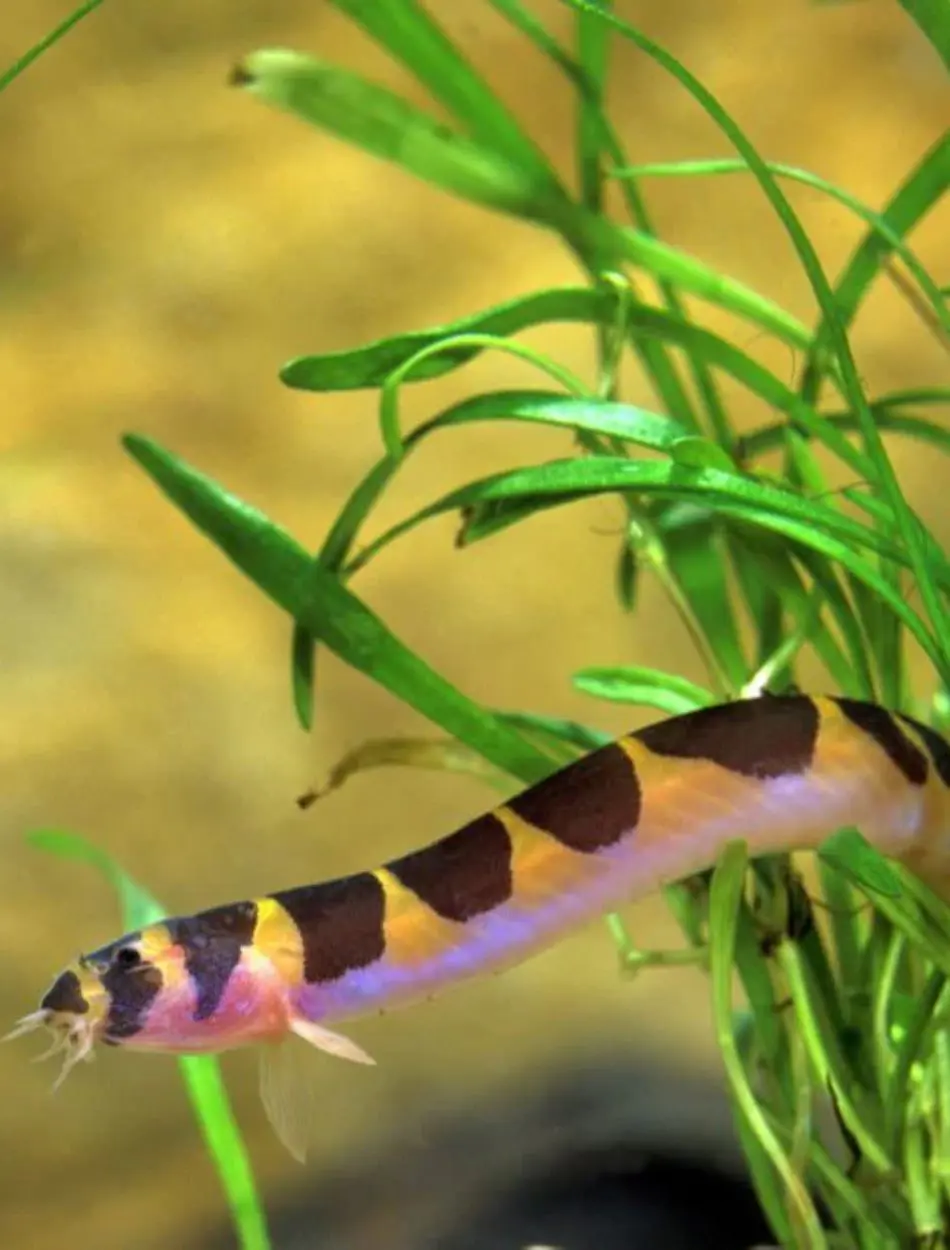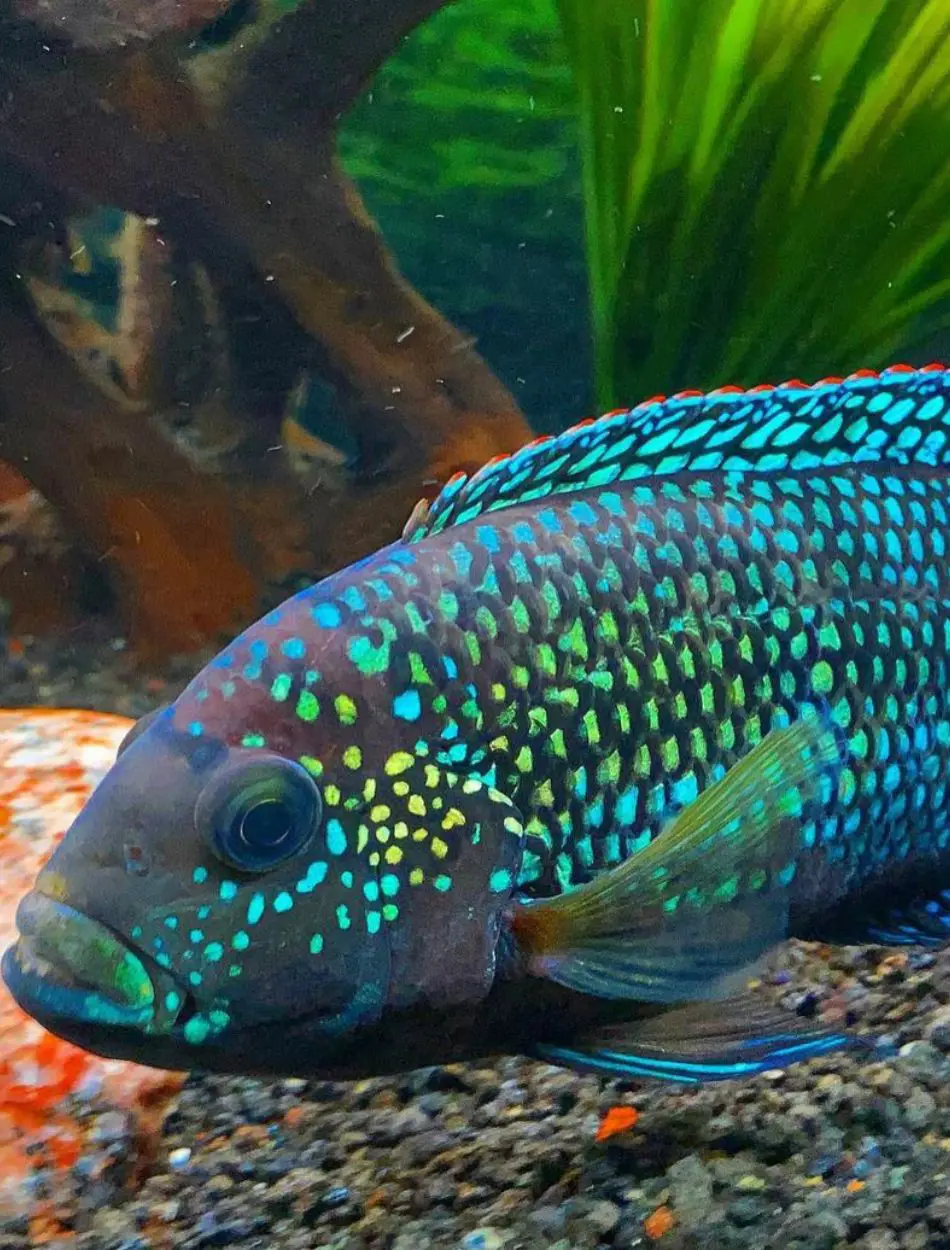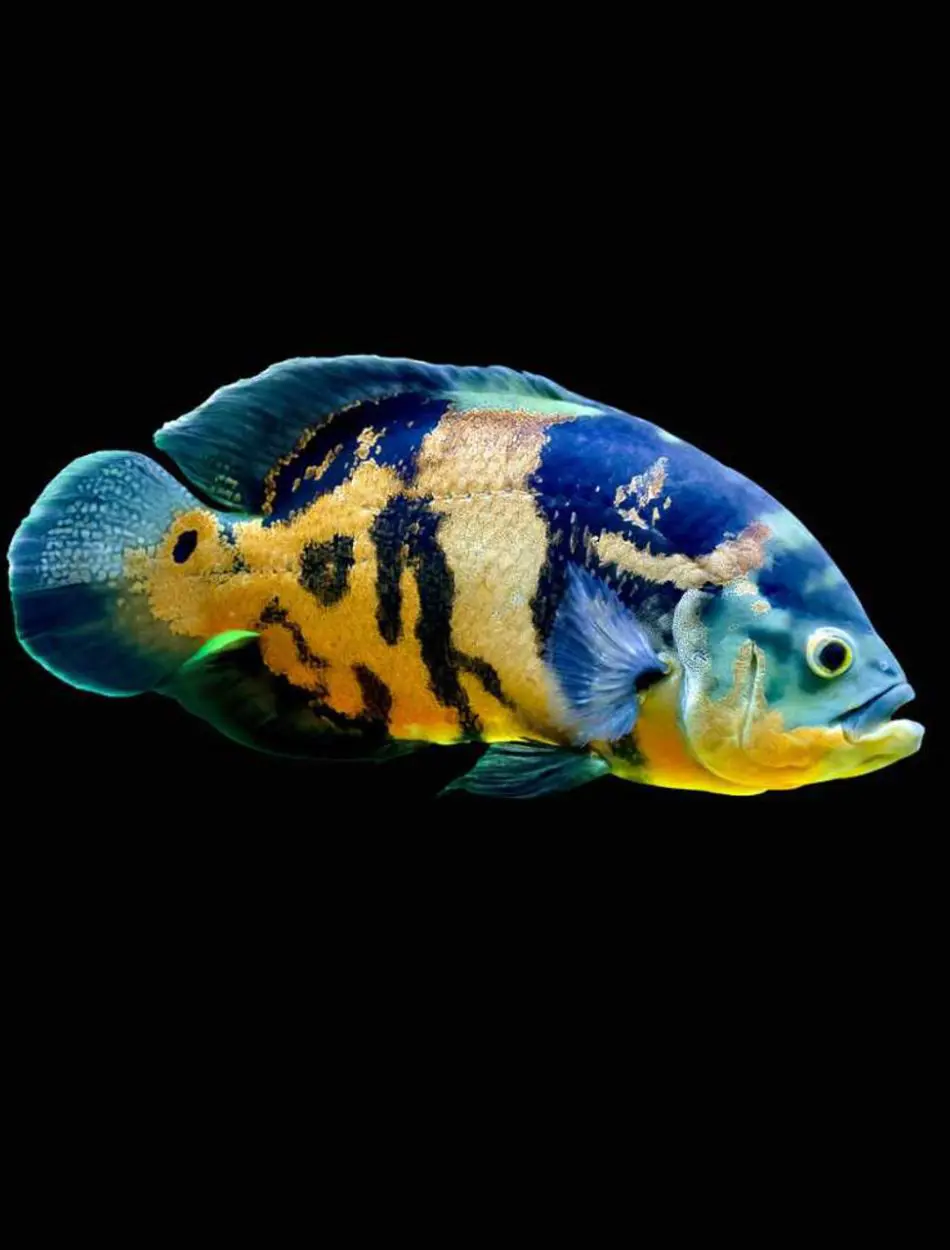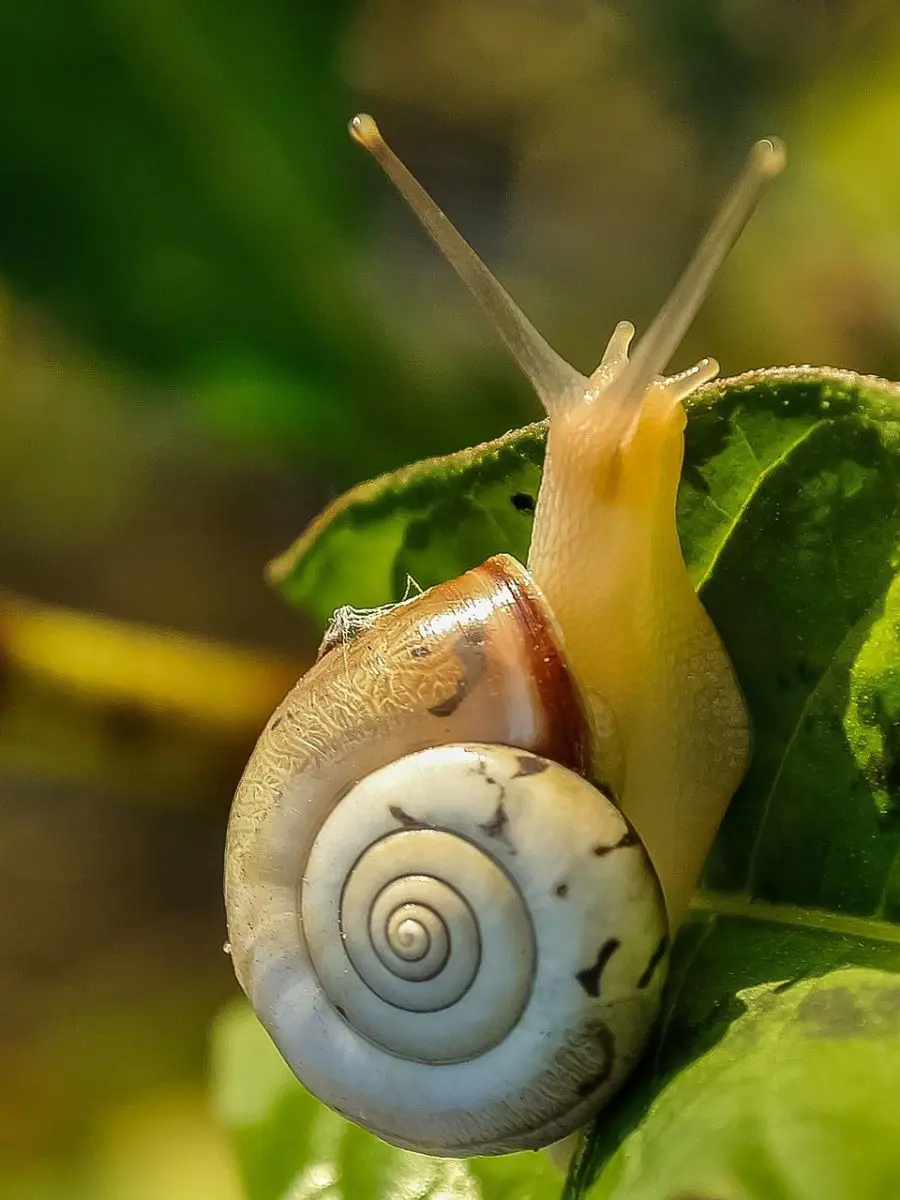Do Betta Fish Need a Filter?
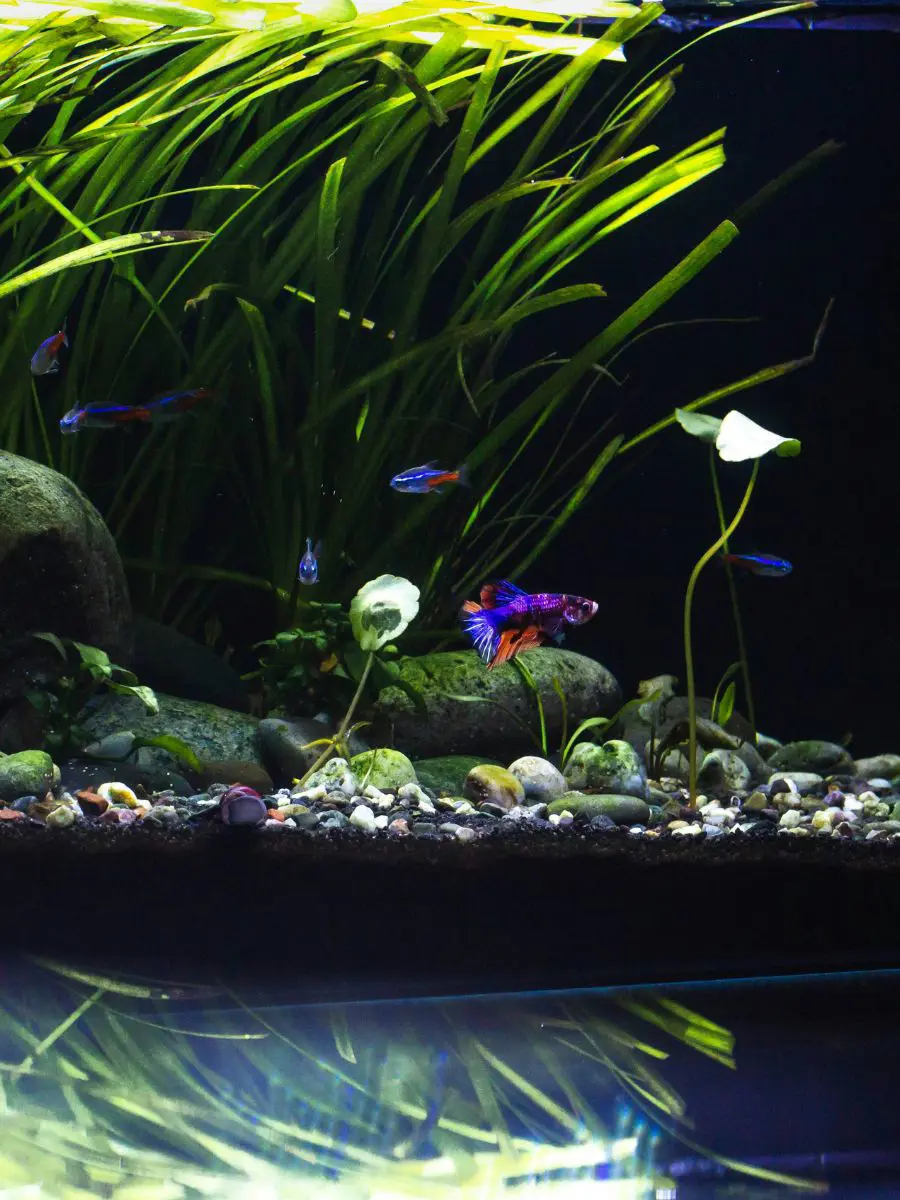
Siamese fighting fish, also known as bettas, are arguably the most widely kept beautiful freshwater fish for a home aquarium. Similarly well known are the preservation practices for these vibrant, frilly-finned pets, which are concerned with, of course, whether a betta fish genuinely demands to possess a filter.
Betta fish hate stagnant or unfiltered water, which is a labyrinthine break. One should learn about bettas and their natural habitats and behavior and use both filters to identify whether a filter is mandatory for a betta.
This post provides a deep insight into the subject to help all those lovely betta owners choose the best for their beloved little fish
Understanding Betta Fish Habitat And Behavior
In order to determine whether or not Betta fish need a filter, their natural environment and behavior must be examined.
Bettas are naturally found in ponds, rice paddies, and slow-moving streams throughout Southeast Asia, living amongst the vegetation that gets trapped there. However, due to that, there is usually little oxygen in these environments, which bettas require a lot of. This has caused their evolution into a different category with the presence of a unique labyrinth organ.
Natural Habitat
The wild betta fish came from the shallow, slow-moving waters of Southeast Asia's rice fields, ponds, and streams. These habitats, which contain a high amount of mud and plant debris, work as a natural filter and are generally low in oxygen.
However, the fish is adapted to living in copious organic matter in stagnant water. The surrounding nature is green, and there are many hideaways, which greatly enhance the comfort and well-being of bettas.
Breathing Adaptations
A labyrinthine organ unique to bettas' respiratory systems enables them to breathe atmospheric air. This adaptation is vital to low-oxygen conditions, like those in their natural habitats. This doesn't mean the betta will do just fine in low-quality water. Clean water is what he still needs to be healthy, unstressed, and avoid diseases.
The Role Of A Filter In An Aquarium
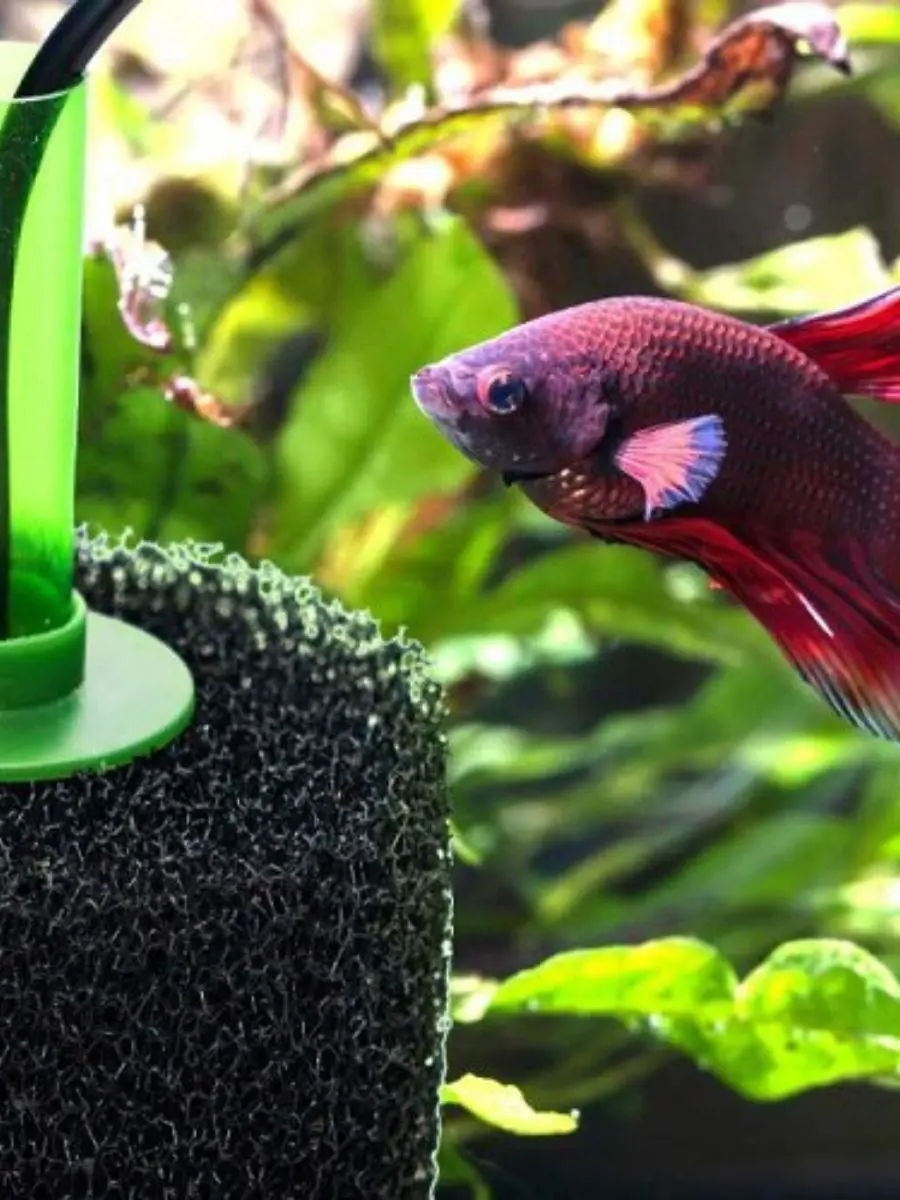
A filter is essential to ensure the right conditions are maintained in the aquarium if fish that prefer clean and constant water conditions, such as bettas, are being kept. Filters can provide not only mechanical filtration, which is necessary for removing trash, chemical filtration, which is required for removing pollutants, and biological filtration, which breaks down hazardous waste products like ammonia and nitrites.
Using their labyrinth organ, bettas can do well in low-oxygen situations and still gain some benefit from better water quality that a filter would provide. Knowing how an aquarium filter works will help answer whether a betta fish needs this or not to survive, improve health, or reduce frequent water changes.
What Does A Filter Do?
Mechanical filtration ensures that the tank remains clear and clean by removing solid waste and other particles from the water. The particles' entrapment prevents the degradation of pollutants like uneaten food, fish excrement, and plant materials into the water supply.
This includes chemical means of filtering toxins and contaminants with activated carbon and other media. This kind of filtration maintains the environment of fish healthily by perfectly controlling pollutants, odor, and discoloration in water.
Beneficial bacteria need a surface to grow on to break down harmful compounds, and biological filtration provides exactly this. By converting the toxic ammonia and nitrites from fish wastes and decaying matter into less harmful nitrates, bacteria protect life in the water they live in by creating a much safer environment.
Benefits Of Using A Filter For Betta Fish
This tank filter regularly removes debris and other contaminants from the water so that the fish are always in a clean environment. Since dirty water causes stress and illness, the Betta fish also require clean water.
In return, decreasing the stress over ease of tank care for both fish and owner, with frequent water changes required in using a filter, makes a healthier aquarium without ongoing maintenance possible. Filters also satisfy this need for biological filtration by providing a surface for good bacteria to settle on.
Extremely toxic waste products, such as ammonia and nitrites, will be primarily digested by such bacteria. In the absence of a filter, dangerous compounds like nitrite and ammonia can quickly build up to create a poisonous environment.
The Ideal Betta Fish Tank
There are a few important things to keep in mind when planning your perfect tank habitat so we guarantee that our betta fish will be happy and healthy. A tank for a betta fish needs to have ample space, the right type of water, and decorations that properly represent their natural environment.
Tank Size
Bettas will do best in five-gallon tanks or larger. A bigger tank gives you more room to swim and more stable water conditions, thus reducing stress cues that encourage natural behaviors.
Water quality
The Betta spirit must live in clean and warm water. The water should also be dechlorinated, free from any other chemicals, and within 76–82°F (24–28°C). Good water quality is easily maintained by regular water changes performed with a good filtration device.
Filtration and Heating
As bettas like calm waters, you will want to use a gentle filter that still keeps the water clean without creating strong currents of moving. Additionally, a reliable heater ensures that the water temperature does not vary and fluctuate with either low mood or disease.
Decor and Plants
Adding soft substrate, hiding places, and plants is good for the tank's decor. Rocks should be smooth, and driftwood creates interest without harming the delicate fins. Live or silk plants give apex predators a natural look and refuge.
Lighting and Cover
A natural day easily mimics the natural cycle of light and shade. Light Bettas have a biological rhythm that regulates their body based on how much daylight they receive. This helps them maintain an innate sense of time. More light during the bright hours, along with complete darkness during the night, activates it.
Types Of Filters For Betta Fish Tanks

The right filter for a betta fish tank should be based on its purpose. It should maintain both water health and fish comfort. Since betta fish are sensitive to strong currents, they would want filters that function well without blowing water all over the place.
On that note, some excellent types of filters for use in betta tanks include sponge filters, internal filters, hang-on-back filters, and under-gravel filters. By knowing the pros and cons of each type of filter, owners can make very informed decisions about how to provide optimal water quality in a stress-free environment for their fish.
Sponge Filters
The sponge filters are very good for betta tanks since they filter gently and won't make powerful currents. They are easy to clean and really provide good biological filtration. Besides, at a very reasonable price, the sponge filters are also powered only by an air pump, making them very economical.
Innate Filters
Internal filters are compact devices placed inside aquariums. They offer mechanical and biological filtration and are, therefore, suitable for small to medium-sized aquariums. Look for an internal filter with adjustable flow settings to create a mild current.
Hang On Back (HOB) Filters
HOB filters are efficient for mechanical, chemical, and biological filtration. They are also versatile. Many of them can be used in a betta aquarium since they provide provisions for adjusting the flow rate. However, one should avoid too great a flow for the fish.
Undergravel Filters
Undergravel filters use an air pump or a powerhead under the substrate, which creates a current that pulls the water through the gravel for biological filtration. These are less common in betta aquariums because they can be very disruptive to the fish and maintain rather strong currents.
Factors To Consider When Choosing A Filter
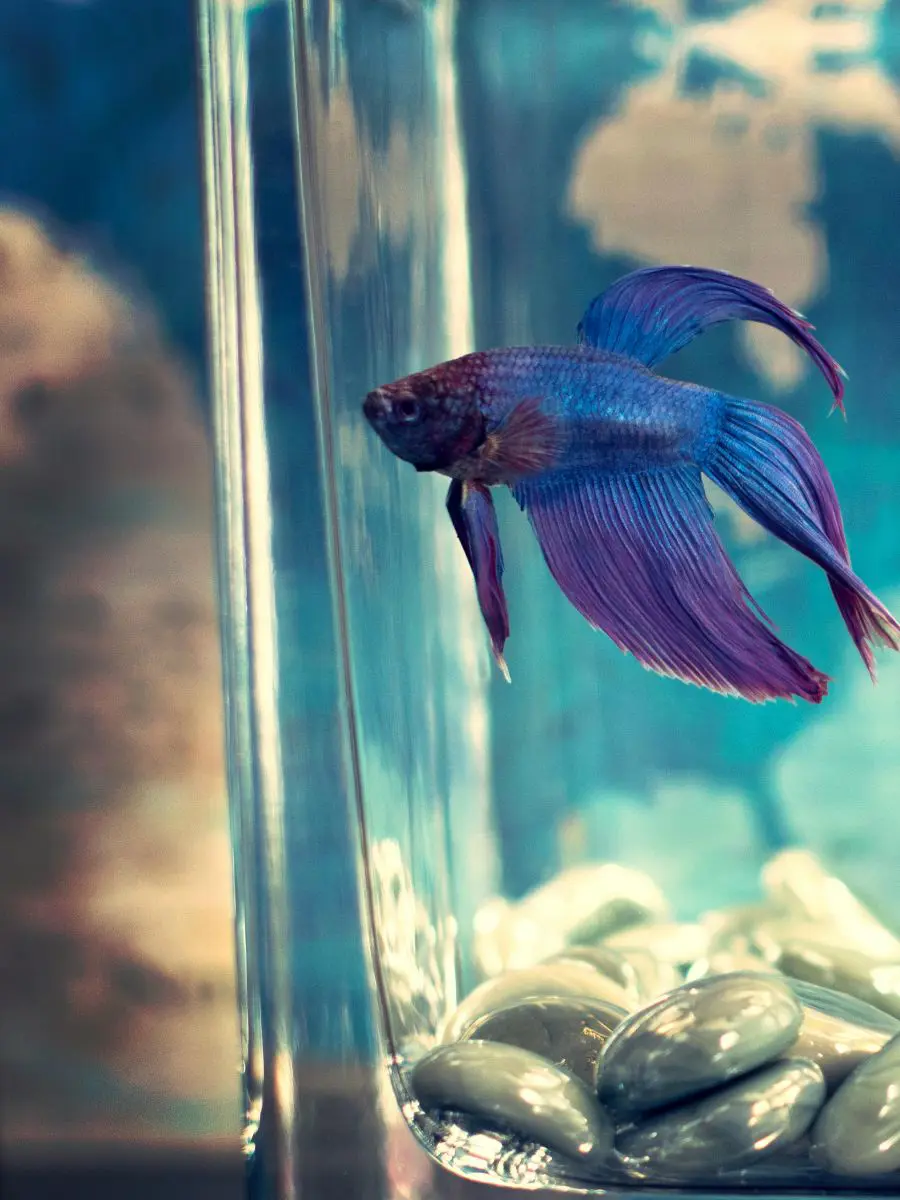
A serious aquarium of betta fish needs to consider some critical filtration factors. These may include the size of the tank, the betta's sensitivity to currents, the level of maintenance it requires, and the noise level. Understanding these variables makes it possible to choose a filter that meets the fish's needs while maintaining water quality.
Betta Sensitivity
Since bettas are originally from calm and slow water, they are highly sensitive to the current. Hence, when choosing a filter, a filter with an adjustable flow rate or just a gentle output should be selected.
This can occasionally stress out a betta and even hurt its sensitive fins. Most of the filters available for bettas include settings to make the flow gentle so that it is more comfortable on them.
Maintenance
Another very important consideration is maintenance. Some filters may require frequent cleaning or replacement of the media, which can be very time consuming and labor intensive.
One can opt for an easily cleanable and maintainable filter. Regular maintenance ensures the filter's effectiveness and long life. A low-maintenance filter will provide stability in the tank's internal environment and, hence, less stress to the owner and fish.
Noise Level
Several air purifier models can be extremely loud, so make sure to check the noise level on each filter. This can be a bit invasive, particularly in quiet places like bedrooms and study areas.
Consider using a quiet filter to create low-noise, high-efficiency operating conditions. Some filters work quietly and maintain the system, filtering water so that vibrations will not destroy your relaxation.
Tank Size
critical factor in establishing whether or not a filter is needed in keeping Betta fish is the size of the tank. It ensures consistent quality water by constantly getting rid of the waste and toxins that might be extremely dangerous to the health of the betta fish.
With tanks less than 5 gallons, a filter may not be necessary. Still, to maintain water quality, more frequent water changes would have to be performed to ensure a healthy environment. With a tank that is 5 gallons or larger, a filter will definitely be needed.
Alternatives To Filters
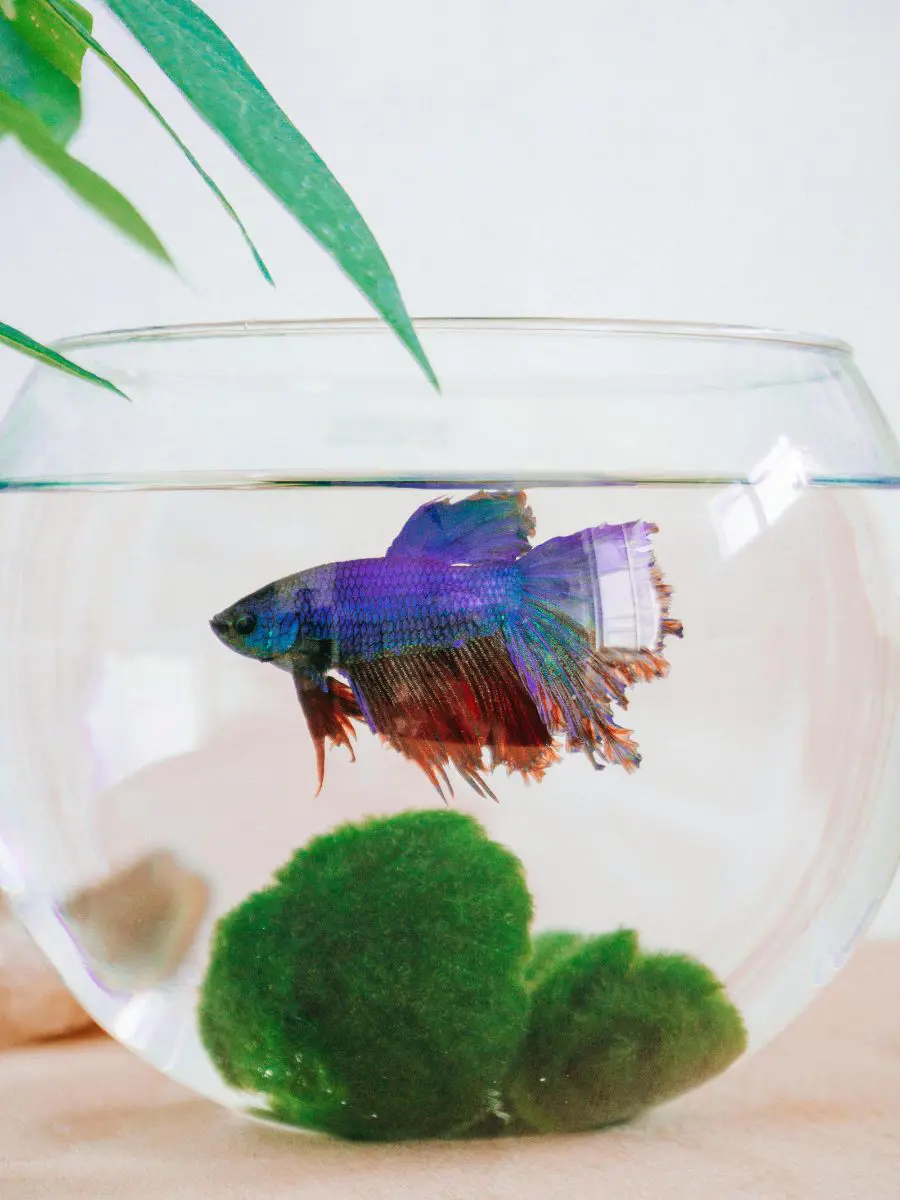
Other techniques may be used to sustain the water quality in a filter-less betta fish tank, such as the addition of air stones, live plants, gravel vacuuming, and regular water changes. Each of these techniques sustains the needs of the betta fish without using a conventional filter while promoting a clean and healthy environment.
Frequent water change
frequent water change is necessary to maintain the good quality of water in the filterless tank. Since there is no filtration system at work and remove waste products and toxins continuously, it becomes necessary to replace a decent amount of water so that it does not reach dangerous levels. For healthy conditions, replace 25 to 50 percent of the water in your tank periodically. In the case of small tanks, replace them more often.
Live Plants
Plants can greatly improve the quality of the tank's water. Some plants, such as anubias, marimo moss balls, and java fern, are known for their ability to absorb extra nitrates and provide needed oxygen. They also give betta fish naturally formed places to hide, which look nice and create balance in their setting.
Gravel Vacuuming
Regular vacuuming of the substrate in a filterless tank helps to control waste. The process reduces the possibility of ammonia buildup by shifting the gravel free from waste, leftover foods, and fish excrement. Vacuuming the gravel facilitates changes in water in the tank and prevents it from getting dirty, reducing possible pollutants.
Using An Air Stone
This increases oxygenation and water circulation without creating a strong current. It seems to maintain the correct oxygen levels for the fish and further promotes better gas exchange by breaking up air into very minute bubbles. This can be very useful in filterless setups, as it is very important for keeping adequate oxygenation levels for the health of the betta fish.
Betta Fish Tank Requirements Without A Filter
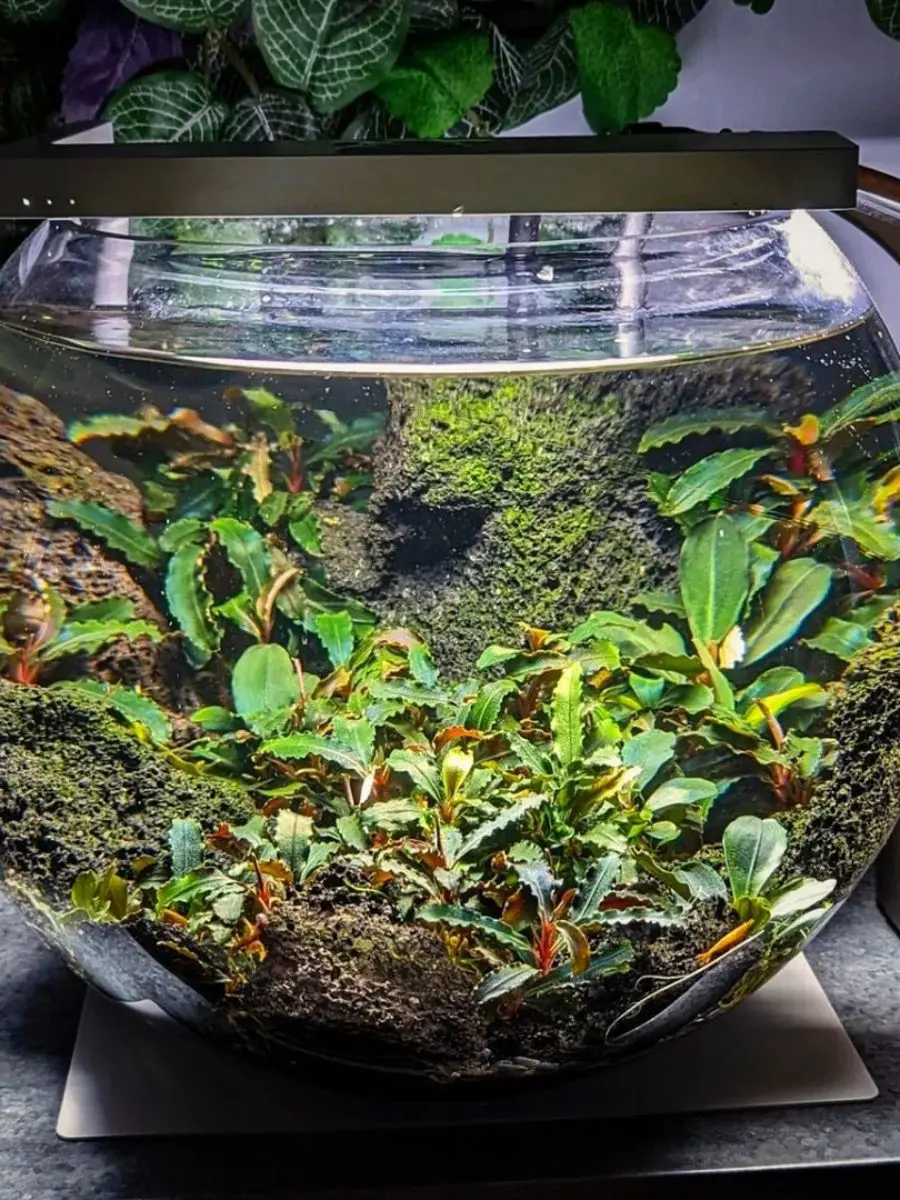
To maintain a healthy betta fish environment, a routine change of water is recommended. Experts recommend partial water changes of 25-50% at least once a week or more frequently if the tank is small.
Monitor water quality for the betta's good health. Periodically measuring the ammonia, nitrites, nitrates, and pH of the water using a water testing kit helps keep this tank in good condition. Water quality is very important to the health of betta fish, as it helps avoid sickness and stress.
Adding live plants like marimo moss balls, anubias, and java fern will help to draw down nitrates and provide some extra oxygen in the tank. Low stocking levels negate overcrowding, reducing stress and waste produced, making the surroundings much safer and more comfortable for the bettas.
Recent posts
Fish
Why Is My Fish Tank Cloudy?
Cloudy fish tanks can be frustrating for any aquarium owner. Especially if one has put in the necessary effort to accomplish a beautiful underwater setting. Whether you are an inexperienced aquarium holder or one of the pros, cloudy water may be the ...
20 Long Freshwater Fish For Aquarium
Having a range of long, gorgeous fish in your freshwater aquarium can make it an immensely fulfilling experience. Choosing the right fish is the first step to an exciting freshwater aquarium, and long freshwater fish are among the best options. ...
17 Cichlid Tank Mates For Your Aquarium
Cichlids are one of the diverse and captivating freshwater fish that are known for their vibrant colors. They are found in tropical America, mainland Africa, Madagascar, and southern Asia. These freshwater fish have elongated streamlined bodies...
20 Aggressive Fish Tank Species
When setting up an aquarium, the right choice of fish species is indispensable since some fish have aggressive natures, which could breed conflict in a community tank. These fish are known to be territorial and most of them require special care ...
Ramshorn Snails Care Guide And Tank Mates
Ramshorn snails, familiar to the family Planorbidae, are an absorbing group of freshwater gastropods. They thrive in a variety of environments from clean to moderately polluted waters. Despite being considered a pest snail by many, the ramshorn...
Scarlet Badis Fish Profile And Tank Mates
Scarlet Badis are among the most fascinating and rewarding species to keep in a home aquarium. Especially for the aquarists who will go the extra mile to suit their needs regarding proper care and raising. In terms of their bright coloring, intriguin...

